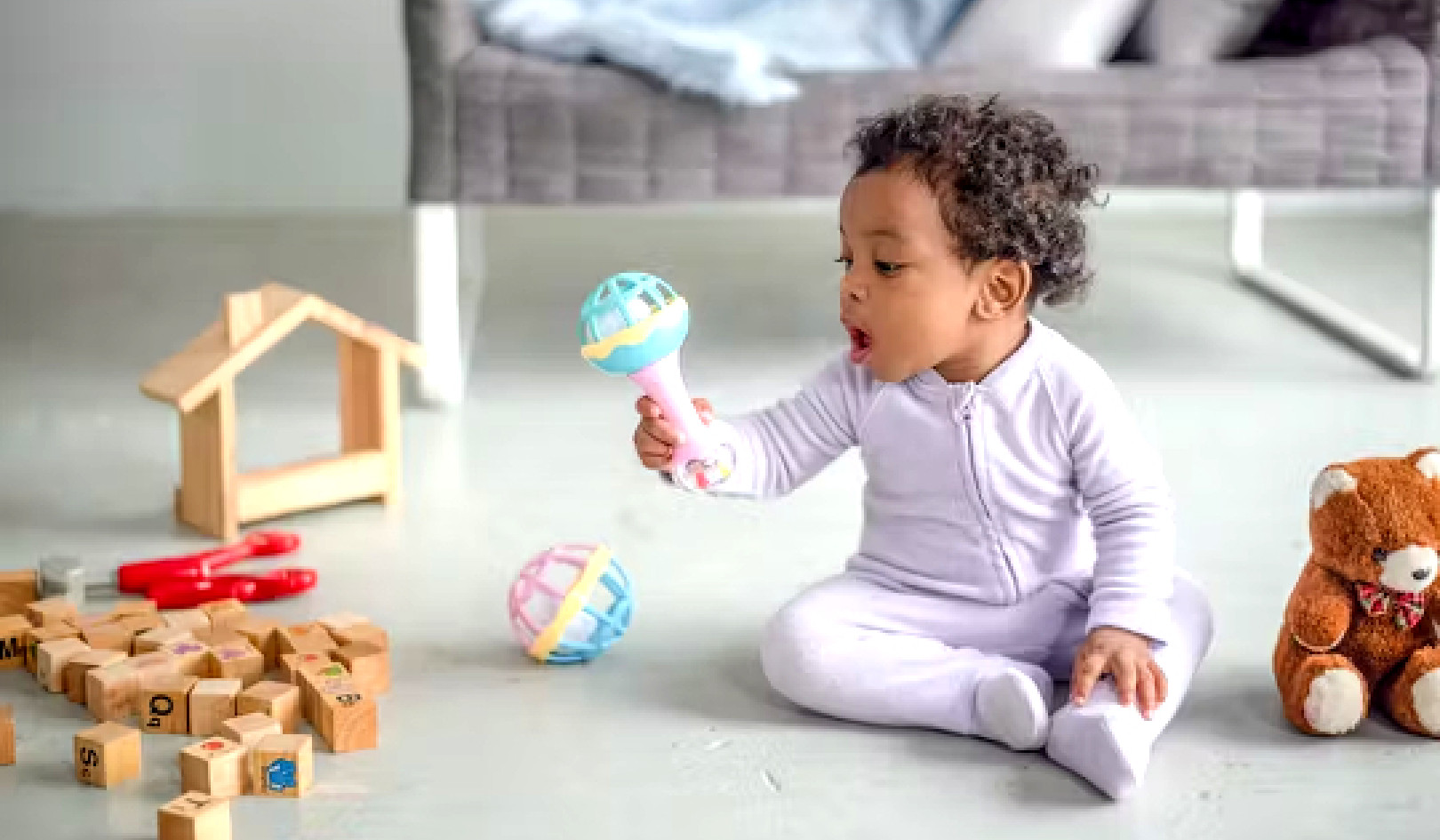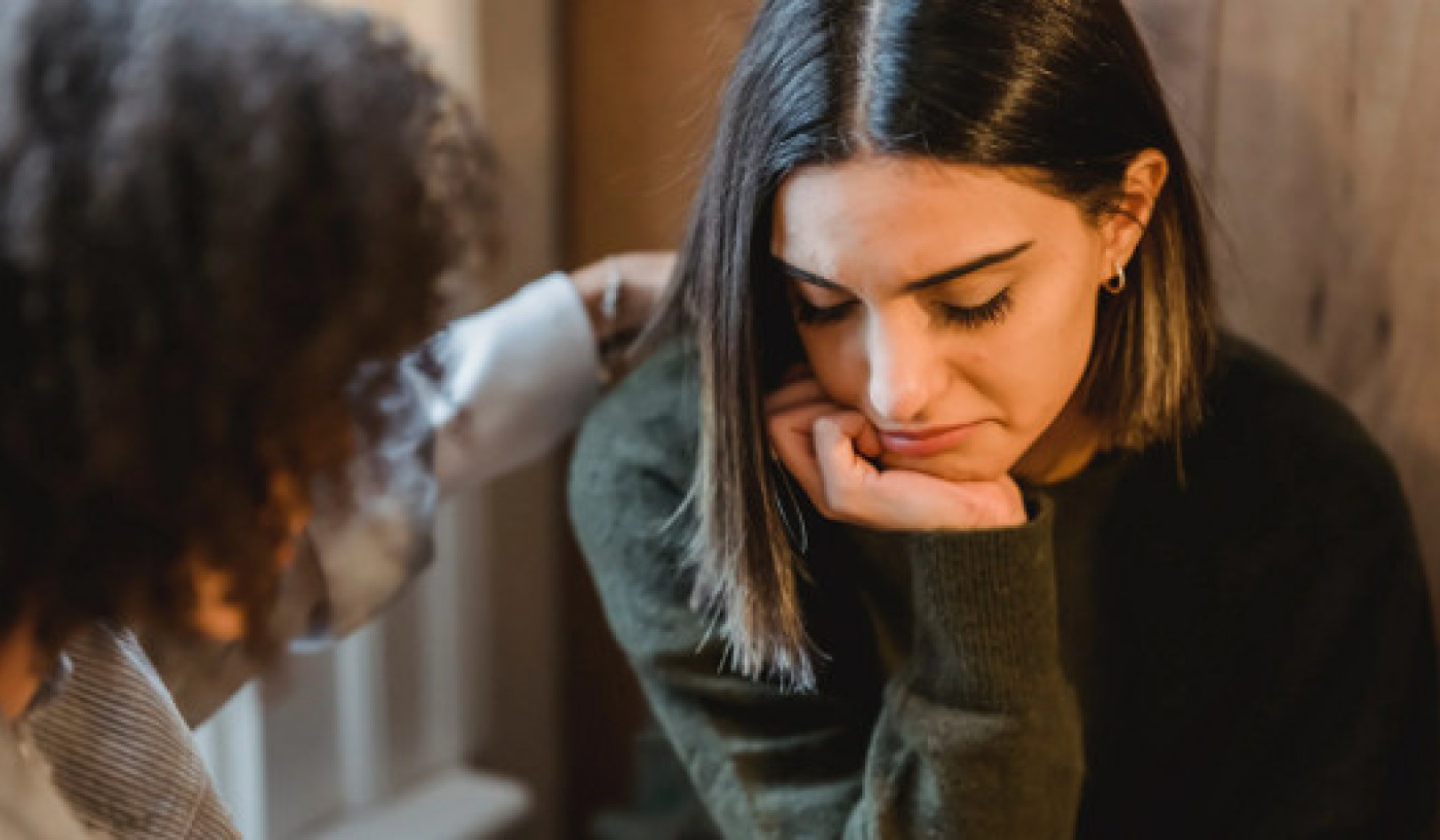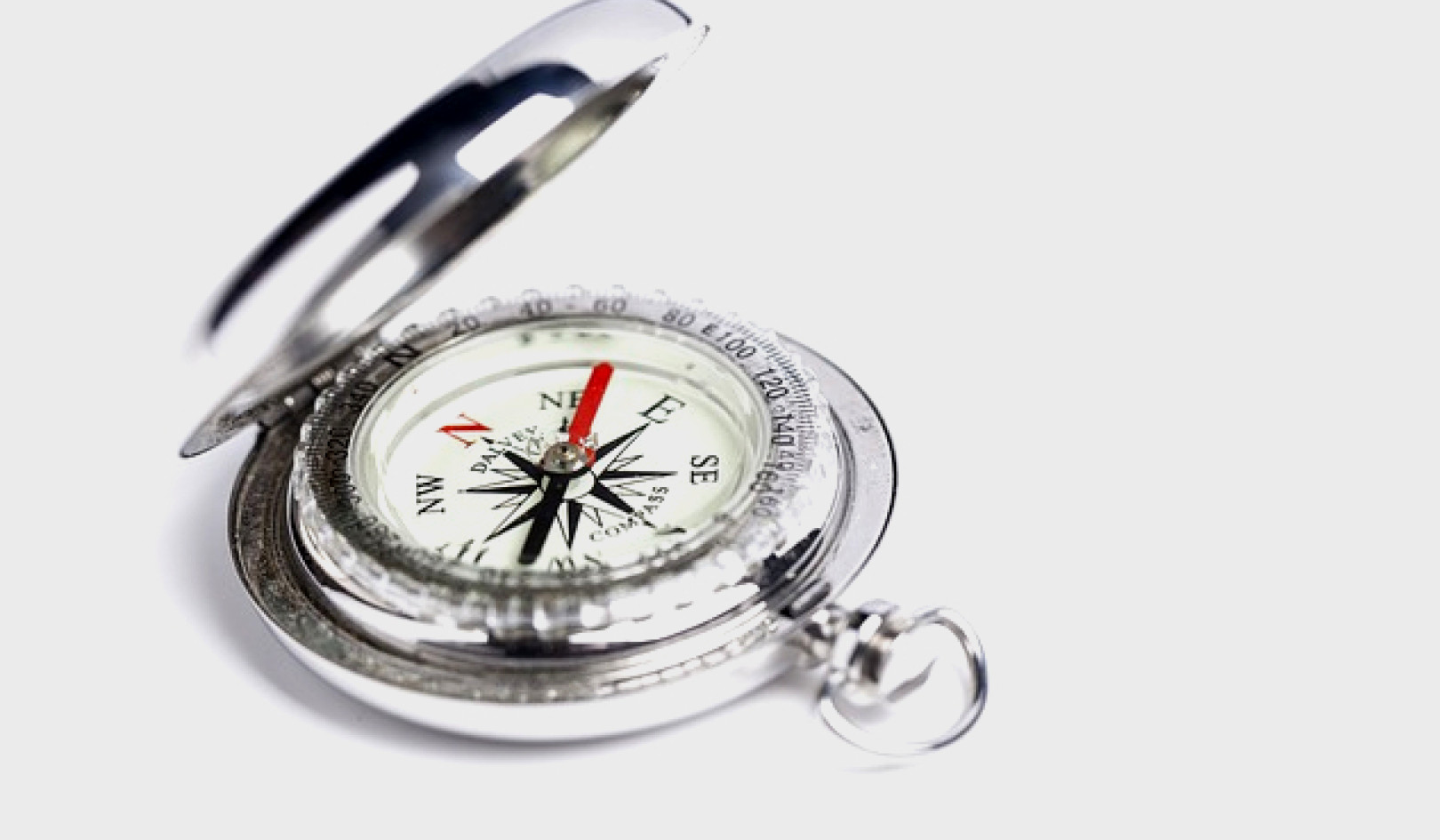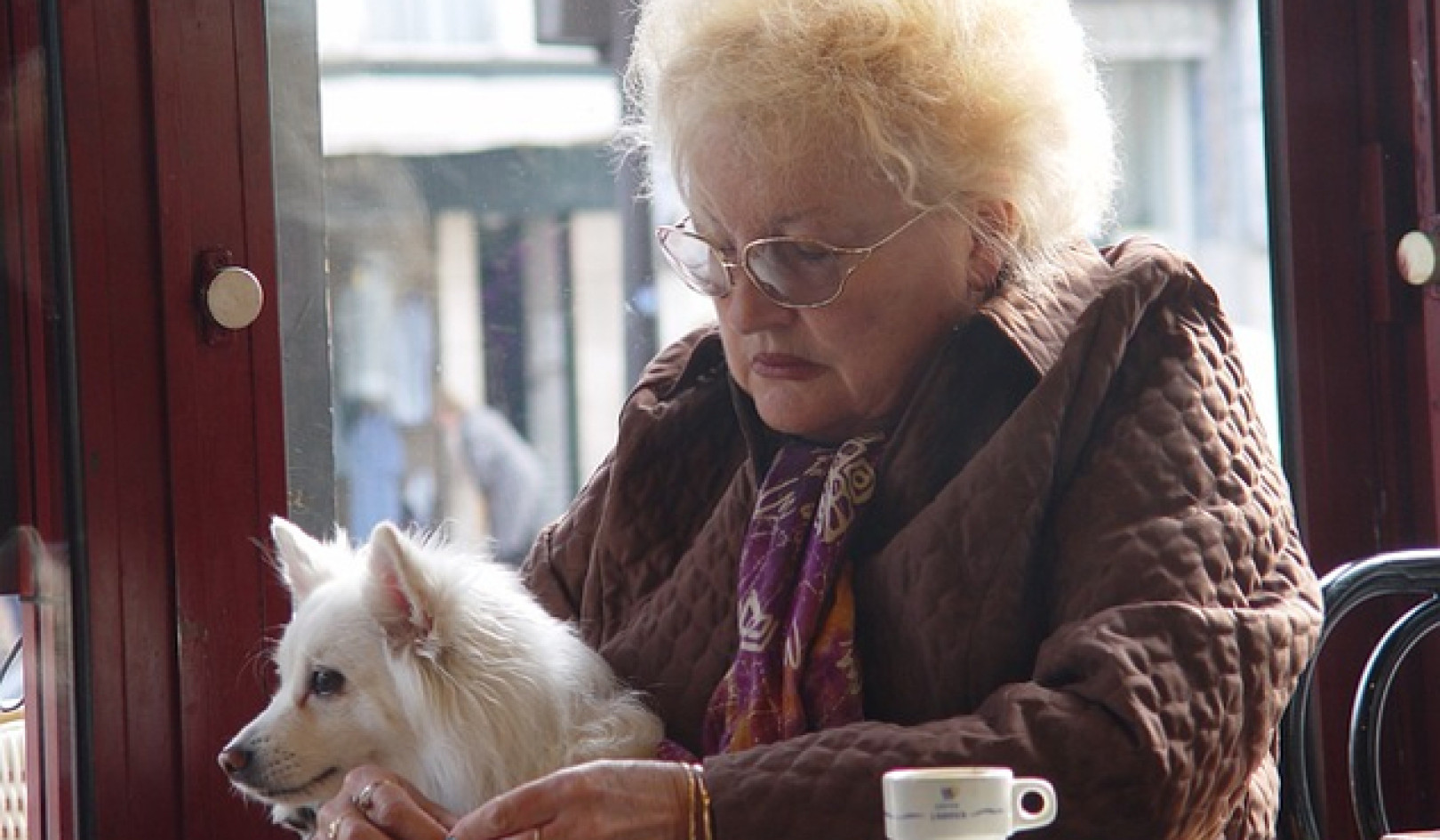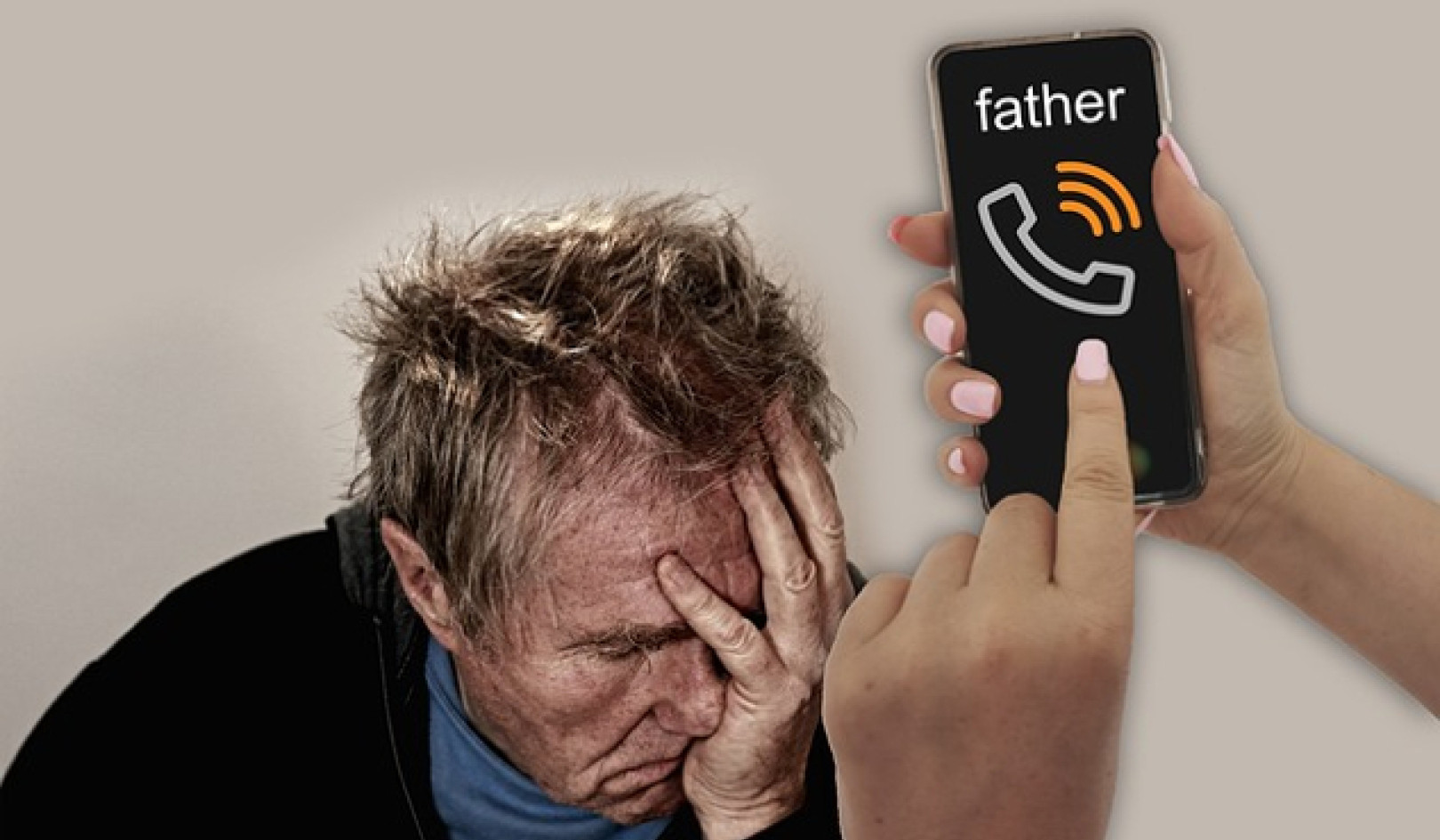
Image from Pixabay
Since genealogical family is the source of our physical being and the reason for our existence, it seems sensible that they’d be the first in line to protect us and keep us safe, and to actively keep us from harm. Sadly, that is not always the case, and being related by blood doesn’t mean those people will act in our best interest.
There are so many circumstances with genealogical, living family that can cause deep emotional pain. Some adoptees may feel like they were unwanted at birth, or perhaps they’ve been rejected by genealogical family when they’ve tried to make contact, which can cause them to feel unworthy. Others are ejected from their family circle due to their spiritual preference, their choice of partner, their sexuality, their affirmed gender.
When we descend from people who’ve done terrible things, or from people who themselves have been the recipient of some sort of trauma, this energy carries itself down through our physical DNA and the genetic memory of our energetic DNA, even if we’ve never met these ancestors in person. This can perpetuate a negative pattern that continues into the present.
Who Do You Come From?
In my own family lines, I descend from multiple slaveholders. Another ancestor of mine was purported to be a murderer. There is a history of sexual abuse that runs down multiple lines in my family, as well as emotional and physical child abuse.
My grandparents lived through the lean times of the Depression. Women were expected to marry and raise children; college attendance was actually frowned upon. Alcoholism was also rampant. These are all cycles that were not broken before my conception. My physical DNA, and my energetic DNA, and the genetic memory it carries, were loaded with trauma and dysfunctional patterns from the moment I was born, even though I was born to parents who wanted me, and who loved me.
I am far from alone in living a life that has the cloud of ancestral trauma hanging over it. I’d venture to say that most, if not all, people carry some. It’s not always obvious, of course.
Ancestral Wrongdoings and Dysfunctional Patterns
These ancestral wrongdoings can leave an ugly energetic signature on a family tree as a whole and it’s not uncommon to see entire family systems embroiled in patterns of physical and emotional abuse or engaging in other activities that point to historical or collective trauma. Dysfunctional family dynamics can perpetuate through generations.
“Hurt people hurt people.” That’s the old saying, and families sometimes seem intent on causing pain for those closest to them. Why? Historical trauma is real, and its effects can echo through generations of descendants. How is this possible? We can look to studies on epigenetics that have provided in-depth insight into how trauma can affect not only the people to whom it happened, but also affect their descendants.
One study done on mice that had them associate the scent of cherry blossom with a painful shock to the foot showed that not only did the mice who were shocked exhibit distress when they smelled the cherry blossom scent, but also their children and grandchildren who had never been shocked.
It’s Not Just Family
People who aren’t family, yet who surround us daily, can also cause harm. Consider coworkers and bosses that wreak havoc in the workplace for no good reason. If a woman has a boss who routinely sexually harasses her, and she then conceives a child while she is working in this hostile environment, there is a chance that trauma may affect the child’s gene expression for certain diseases. It is certainly carried in the energetic DNA.
People who are emotionally battered often then exhibit their own negative behavior as a result. Perhaps they have children at home who experience stress and therefore will carry that within themselves and pass it down, or they have a coworker that they treat poorly while under stress, and that causes harm to them and those around them.
It’s a vicious, bitter, and near-endless cycle. There are many ways that trauma can be experienced individually from outside sources that can then cause harm to the family.
What To Do?
So what do we do with this information about inherited trauma? First, knowledge of it helps us to see that people who were affected by trauma in their own lives, and whose ancestors passed down trauma from their own generations, can perpetuate these patterns with their own children and grandchildren, and with others who surround them.
Think about someone who has hurt you. Were they also hurt somehow? It’s easy to think, “I don’t care if they were hurt.” However, if you can imagine that the hurt done to you was influenced by a legacy of negative behaviors and pain, it won’t necessarily make you feel better, but it will give you a sense of why.
I do know that those in my family who have caused me pain experienced trauma as children and young adults. It doesn’t make excuses for what they did, but it provides me with a bit of rationale as to why they might have been set on their path.
However, it needs to be said quite firmly that, despite our individual and collective traumas, both experienced within our lifetime and those inherited from ancestors, as adults we are 100 percent responsible for our own actions and how we treat ourselves and others. Possessing individual and collective trauma does not relieve us of responsibility for the ways we act out and possibly cause pain.
There is also the truth that some people continue to cause harm to others with a brazen lack of integrity and authenticity. They don’t care if they shun an adoptee looking for roots, or that they lack feelings of regret for ejecting a gay child from the family unit. They will not acknowledge the continued harm of slavery. They refuse to consider that their words and deeds will create ripples of negativity.
While we cannot make these people acknowledge their own role in perpetuating trauma, we can choose to do the needed work within ourselves to deal with our own feelings and the repercussions we experience as a result of their behavior. And we can act as an example to those around us.
It’s up to each person individually, then, to assess and then address their own ancestral healing. This does not mean you have to put yourself at risk, emotionally, or physically, by spending time in the presence of people who have caused you harm. What it does mean is that you assess family patterns for individual and collective trauma, and you work on yourself so that you don’t perpetuate these harmful patterns. In short, you want to break the cycle.
There’s a quote widely attributed to Bert Hellinger about the black sheep-type people in each family:
The so-called black sheep of the family are, in fact, hunters born of paths of liberation into the family tree. The members of a tree who do not conform to the norms or traditions of the family system, those who since childhood have constantly sought to revolutionise beliefs, going against the paths marked by family traditions, those criticised, judged and even rejected, these are usually called to free the tree of repetitive stories that frustrate entire generations. The black sheep, those who do not adapt, those who cry rebelliously, play a basic role within each family system, they repair, pick up and create new and unfold branches in the family tree. Thanks to these members, our trees renew their roots.
Your work to eradicate toxic familial patterns, while it can be difficult, is also valuable and essential. My own journey to ancestral healing had many twists and turns.
The work wasn’t, and still isn’t, easy. It’s forced me to stare down ugly legacies and a long line of physical, emotional, and sexual abuse. The work has also made me grow as a person. I learned to sit with the energy passed along to me, and to then adjust it in such a way that it resulted in positive actions that are now being passed down to my own children and grandchildren. The work we do to heal doesn’t affect only us; it affects everyone around us.
It is also important to note that even the most dysfunctional families also have strengths and good behaviors. Families with strong religious or political beliefs who use that as an excuse to turn out a family member for not believing the same, or for not adhering to the tenets of a belief system, may also do things like contribute to food pantries, care for an elderly neighbor’s lawn, or coach little league sports.
It’s likely that less than savory ancestors also had some positive attributes and behaviors. While those good behaviors do not negate the dysfunction that perpetuates the family dynamic, they do speak to an energy that can be harnessed and used in the healing process.
I do believe there is a spark of goodness in most people and that is helpful for me to remember when I am working on transmuting the negative energy from my own family and ancestors.
Daily Meditation
It can be uncomfortable, at minimum, to engage in a healing practice and keeping balance is essential. One way to manage this is with a daily meditative session to stay grounded and remind us of the power of perseverance we carry at our core, despite negative ancestral patterns.
A Quick Clearing Meditation
Sit quietly, feet firmly on the floor, arms relaxed, eyes closed. Picture your body as an extension of the earth and its pure energy. Breathe in and out slowly and deeply. The goal is to feel as relaxed as possible. Consider in your mind that your skin is a sieve, with tiny holes that allow energy to move in and out. With each inhale, picture positive, uplifting energy moving into your body. With each exhale, picture negative energy and thoughts moving out of your body and being carried away to never return.
It may also be worthwhile to keep a daily journal for recording only good thoughts about yourself. Fill it with your positive attributes, your good deeds, your actions of value for others. There is something good in each of us and I challenge you to write about yours every day. Our ancestors gave many of us some heavy baggage and they also infused us with many strengths and excellent qualities.
Copyright 2023. All Rights Reserved.
Adapted with permission of the author/publisher.
Article Source:
BOOK: The Magic in Your Genes
The Magic in Your Genes: Your Personal Path to Ancestor Work
by Cairelle Crow.
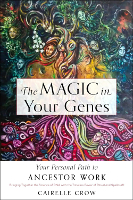 The Magic in Your Genes is geared to those with a known recent genealogical history (parents, grandparents) but is also appropriate for those who are adopted or who have other situations, such as a misattributed parentage event. Combines traditional genealogy with magical practices in a unique guide to deepen your relationship with ancestors.
The Magic in Your Genes is geared to those with a known recent genealogical history (parents, grandparents) but is also appropriate for those who are adopted or who have other situations, such as a misattributed parentage event. Combines traditional genealogy with magical practices in a unique guide to deepen your relationship with ancestors.
For more info and/or to order this book, click here. Also available as an Audio CD, an Audible Audiobook, and a Kindle edition.
About the Author
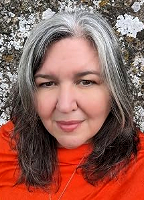
?Cairelle Crow has walked a goddess path for more than 30 years, exploring, learning, and growing. She has been involved in genealogical pursuits since the late 1990s and began to actively work with genetic genealogy in 2013. She is the owner of Sacred Roots, which is dedicated to connecting people to their ancestral heritage and legacy, and she lectures locally, nationally, and internationally on the blending of genealogy with magic. She teaches the 13-month Priestess of Sacred Roots genealogy magic course and is also an integrative RN and midlife women's advocate. When she's not riding on a Mardi Gras float in her native New Orleans or roaming the world in search of grandmothers and stone circles, Cairelle is at home in the Blue Ridge Mountains of Virginia.



















